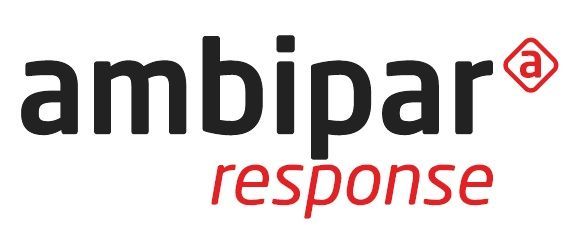Septic Tank Inspections
Inspections will be objective and evidence-based. Householders can be assured that if their systems are working properly and are being maintained, they need not be concerned. There will be a proportionate and risk-based approach to inspections, which will be targeted towards areas where drinking water sources or habitats are at risk from septic tank discharges.
Inspections under the new legislation will probably not commence until 2013 and details will be made available at that time in the national and local media. Householders should take care not to allow uninvited persons, or persons claiming to be septic tank inspectors, to enter onto their property in advance of the launch of inspections.
Householders will be formally notified by their local authority if their domestic waste water treatment system is to be inspected and inspectors will be required to carry identification and to present this on request to householders.
Once notification of an inspection has been provided by a water services authority, it will be an offence for a person to prevent an inspector from entering a premises (not the dwelling), to obstruct or impede an inspector when carrying out their duties, or to provide false or misleading information regarding a treatment system to an inspector, the EPA or a water services authority. There will be no charge for inspections.
Once an Inspector has concluded the inspection they will notify the owner AND the relevant water services authority within 21 days of his/her opinion and the reasons for same. In the event a system is deemed to be unfit for purpose in its current condition then a direction to the owner to carry out necessary remediation works within a specified timeframe will be issued. Furthermore the system will have to be re-inspected once works have been completed.
Practical operational requirements that will be included in the guidelines:
• Ensuring that roof water or surface water run-off is not allowed enter the treatment system;
• That grey-water from washing machines and sinks is being treated in the system;
• Are the pipe-works and vents of a system blocked or obstructed;
• Are manhole covers and other components of the system of good working order or sealed where appropriate;
• Any mechanical or electrical components of the system, for example pumps or alarms, are fit for purpose;
• Recommendations will be included regarding the frequencies with which systems should be emptied or de-sludged.
Full details are not yet available regarding the Inspections, appointment, registration, etc. However, the legislation published todate has stated the following:
The Agency shall establish and maintain a register of inspectors including name and contact details of same.
The Inspector has the following powers:
(a) enter and inspect any premises connected to a domestic waste water treatment system,
(b) inspect, examine or test the course or
condition of a domestic waste water
treatment system, including any fixture, fitting, appliance, plant, drain,
service or process associated with the
treatment system,
(c) monitor any domestic waste water which is contained in or discharged 40 from a premises or domestic waste water treatment system,
(d) take samples of any substance or thing
associated with or discharged to or
from, a domestic waste water treatment system,
(e) take photographs,
(f) carry out surveys, take levels and measurements, make excavations, take samples and carry out examinations of the depth and nature of subsoil,
(g) require information regarding the maintenance,
servicing or operation of a
domestic waste water treatment system
from an owner or occupier of the
premises or any person employed on
the premises or any other person
present on the premises,
(h) require the production of, or inspect, records or other documents (including records or documents stored in non legible form) relevant to the maintenance, servicing or operation of a domestic waste water treatment system, or take copies of or extracts from, or take away if considered necessary for the purposes of inspection or examination, any such records or documents,
(i) require that the premises or any part of the premises or anything in the premises shall be left undisturbed for such period of time as may be necessary for carrying out the inspection.
An inspector shall not, other than with the consent of the occupier, enter into a private dwelling.
Where, following an inspection, an inspector is of the opinion that—
(a) the owner of a premises connected to a domestic waste water treatment system has not contravened regulations made under section 70L, and
(b) the domestic waste water treatment system does not constitute, and is not likely to constitute, a risk to human health or the environment, and, in particular does not—
(i) create a risk to water, air or soil, or
to plants and animals,
(ii) create a nuisance through noise or
odours, or
(iii) adversely affect the countryside or
places of special interest,
the inspector shall, within 21 days of the inspection, notify the owner of the premises to which the treatment system concerned is connected and the water services authority concerned.
Call us on 021 435 10 20 or contact us for your free quote.

